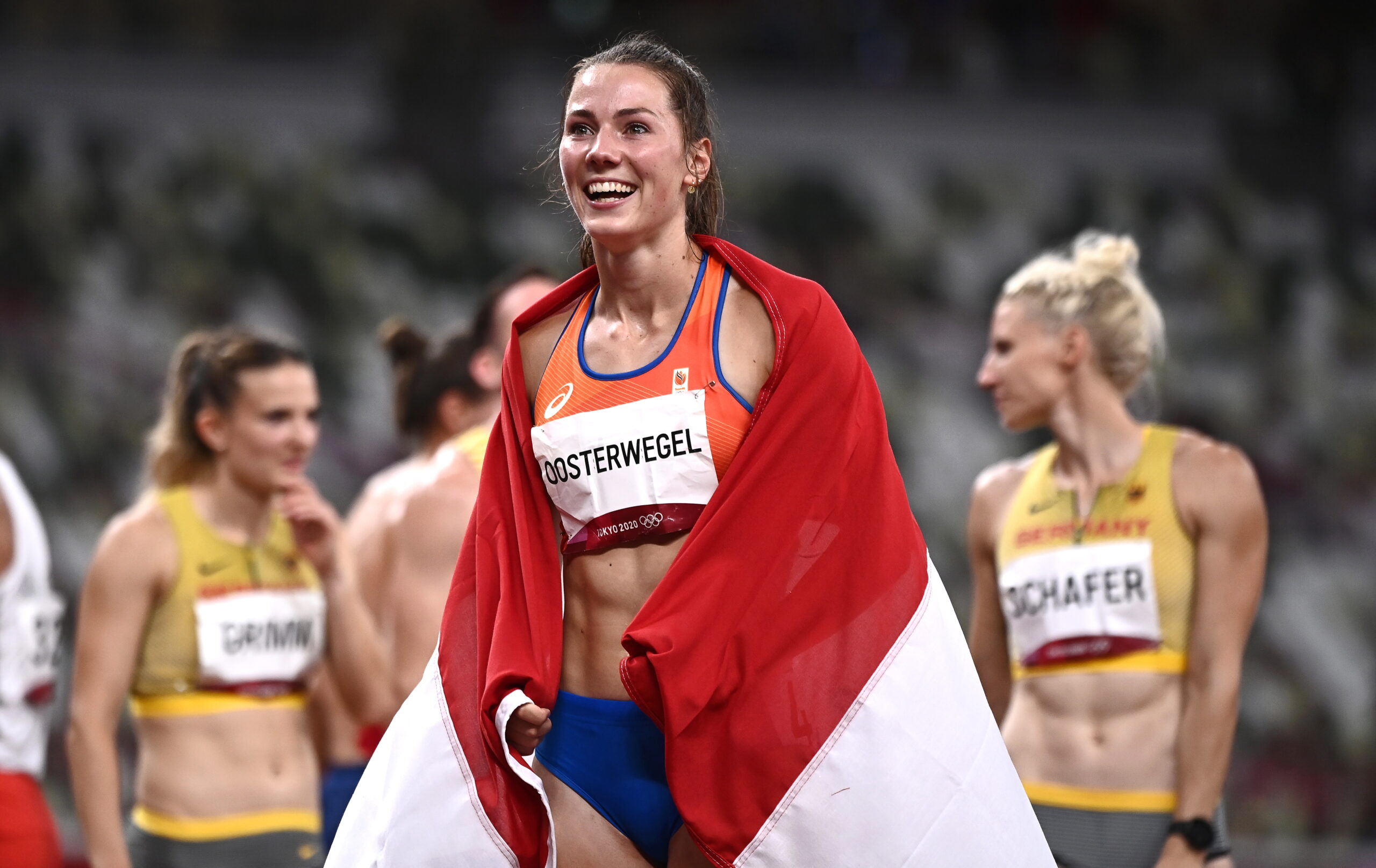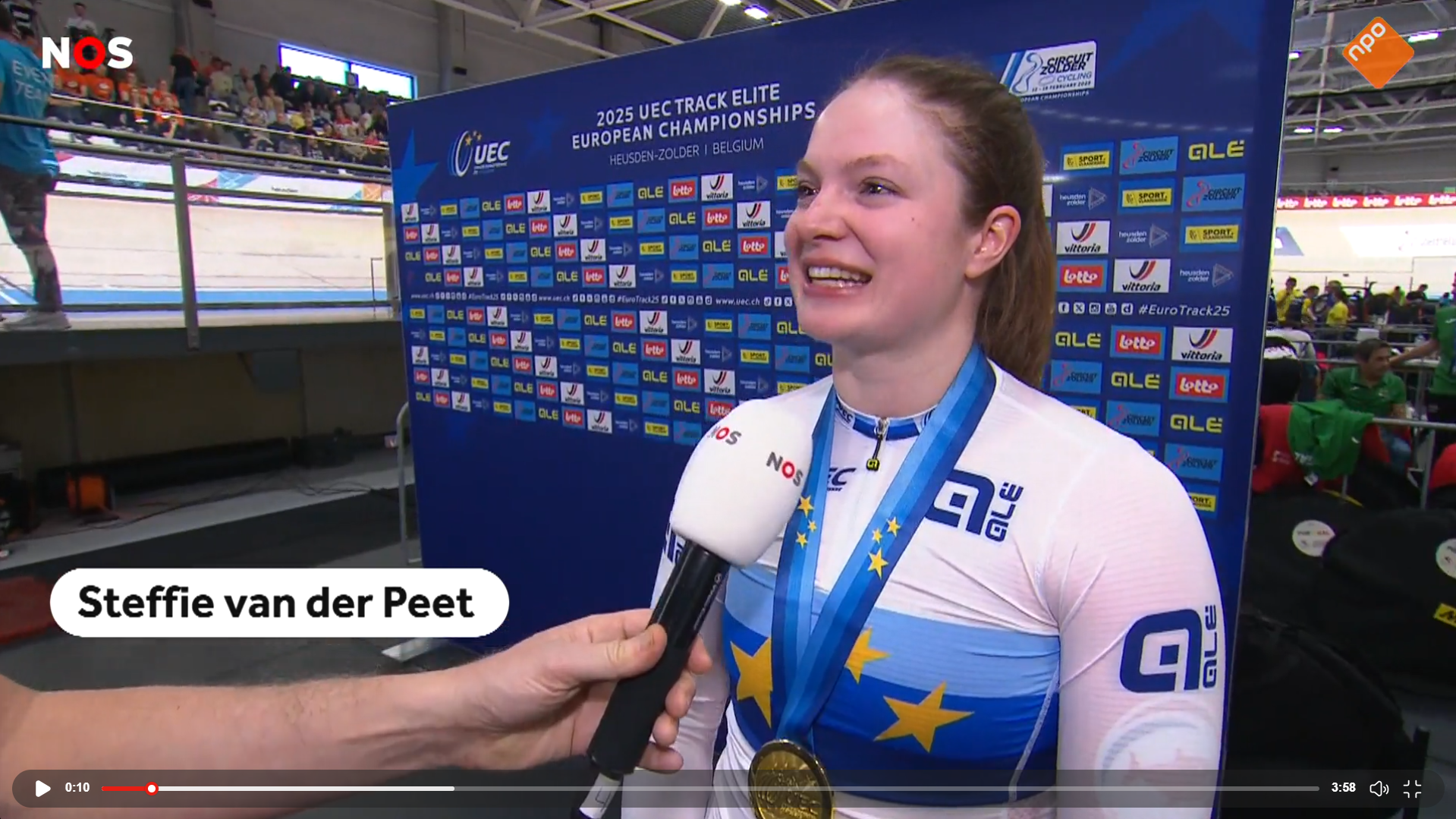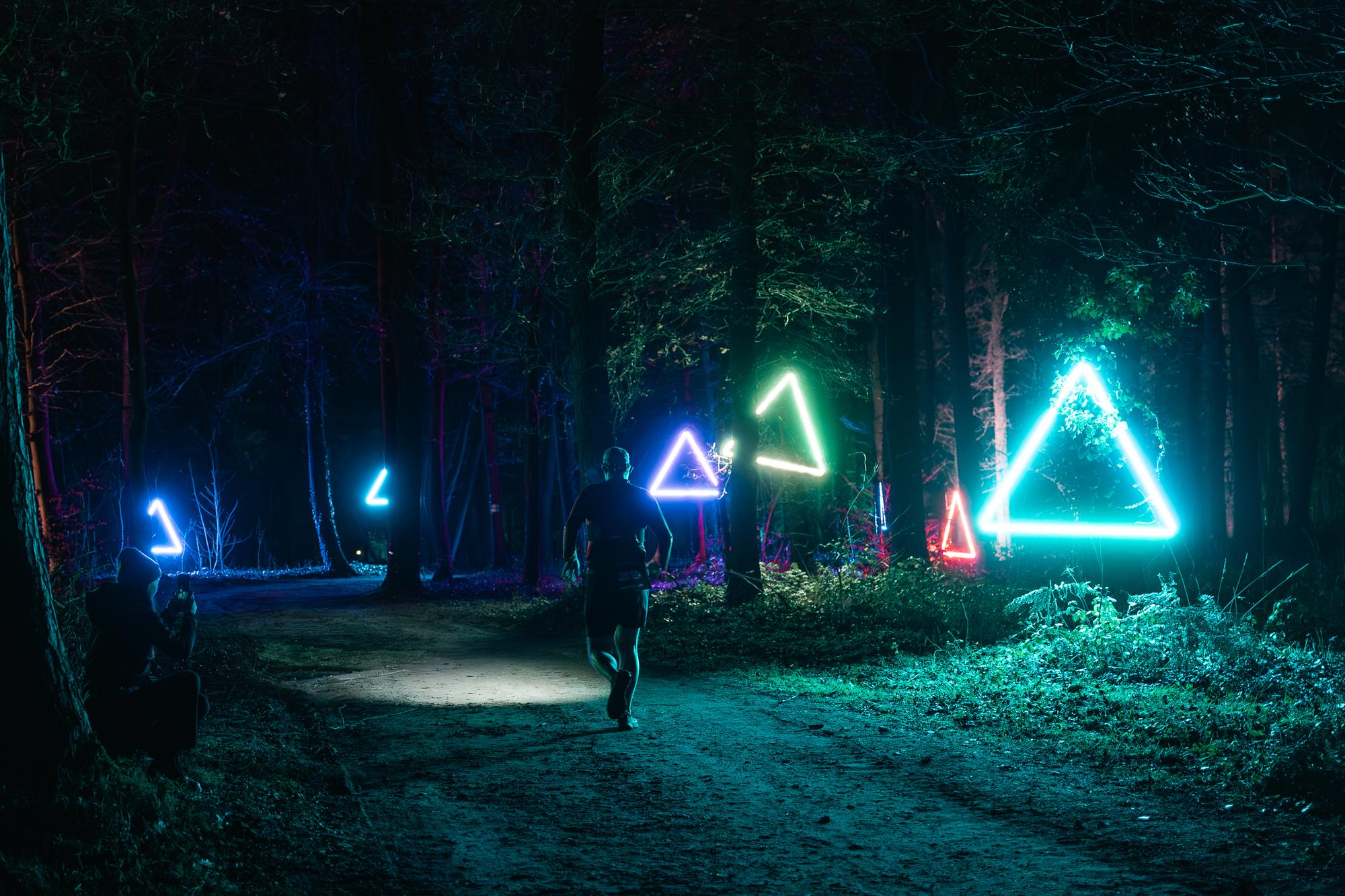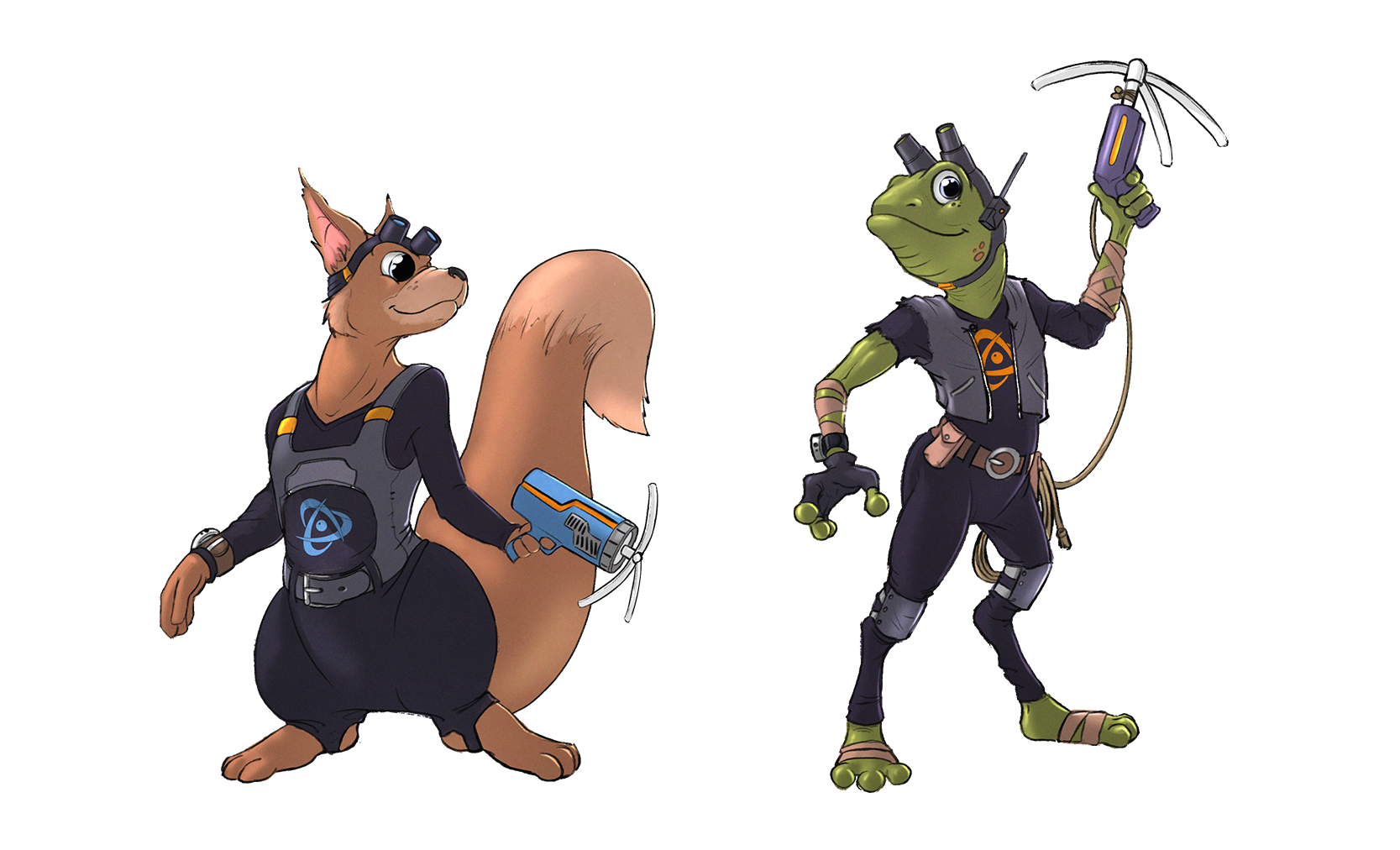Hockey player Frédérique Matla (24) plays for Den Bosch Hockey Club and the Dutch women’s team, is one of six nominees for the international Women’s Hockey Player of the Year prize and… is studying Health and Society at Wageningen. At the Olympic Games, Matla and her teammates became the champions in a glorious fashion, winning all eight matches.
Matla looks back on the Olympic gold medal from a beach in Greece. ‘This has been a dream of mine since I was a child. I joined the Dutch team after the previous Games in Rio, so I’ve been able to work towards this for five years. It’s the peak of my career so far. We had to wait for it because of Covid-19, but perhaps that just makes it even more special.’
Bubble
‘We all formed a bubble and stuck together from then on. I just loved being on the pitch with the team. I hope one day I can experience a normal Olympic Games as well.’
This has been a dream of mine since I was a child
Hockey player Frédérique Matla, BSc student Health and Society
Matla may be one of the best hockey players in the world, but she still sees her sport as a hobby. ‘You can earn big money in football, but that’s not the case with hockey. So it is not that I won’t need to work again after my sporting career. My parents encouraged me to go to university. I chose Wageningen and moved there straightaway. In the first year I passed all my courses, but after that I joined the national team and my studies slowed down a bit. After one year in Wageningen I moved to Den Bosch, where I now live near the hockey club.’
Matla wants to start on her Bachelor’s thesis in September. ‘That will take me a year. After that I want to do a Master’s but I don’t know where and when yet. I’ll see about that when I’ve got more headspace, after my Bachelor’s.’
Hurdles and heptathlon
WUR students won medals for athletics too. Femke Bol (21, BSc student of Communication Sciences) won a bronze medal in the 400 metres hurdles (with a European record). And she and her teammates came sixth in the 4×400 metre relay, setting a new Dutch record. Her fellow athlete Emma Oosterwegel (23, BSc student of Soil, Water, Atmosphere) surprised everybody including herself by winning a bronze medal in the heptathlon, an athletics event with seven components divided over two days.
I didn’t sleep well at all that night. Maybe I felt sub-consciously that something great could happen
Athlete Emma Oosterwegel, BSc student of Soil, Water, Atmosphere
‘I got off to a good start on the first day of the event,’ says Oosterwegel. ‘I set a new personal record in the 100 metre hurdles, I equalled my personal record in the high jump, the shot put didn’t go so well but in the 200 metres I won my series with a personal record.’ At the end of the first day, Oosterwegel was 11th in the ranking. ‘On day two I often go up a few places. I didn’t sleep well at all that night. Maybe I felt sub-consciously that something great could happen.’
Together on the podium
So Oosterwegel started out tired on day two. ‘Luckily, I was able to flick a switch as soon as the first event started, and I could concentrate well. I achieved my second-best distance in the long jump, bringing me to eighth place. In the javelin I broke yet another personal record: 54.60 metres, putting me in fourth place in the ranking, just behind an American athlete and fifty points behind a Belgian one. Just one thing counted then: to run very fast in the 800 metres. On the one hand, it was nerve-racking, but on the other hand, you realize: wow, I’m in the running for a medal.’
After a strong 800 metres, Oosterwegel had a total of 6590 points, a clear personal record that won her a bronze medal. ‘I couldn’t believe my eyes when I saw on the scoreboard that I had come third. How could this be happening? And Anouk Vetter, who I train with, came second. Standing on the podium together was very special.’
Elite sport and university
Online classes during the coronavirus pandemic made it a lot easier for Oosterwegel to combine elite sport with studying. ‘Because I could take courses from a distance and could watch lectures later, it was all a lot easier. That has had a positive effect on my university results. Online education is no longer guaranteed now, but I only have to do one more course and a thesis, so that will be alright.’
Oosterwegel wants to do a Master’s after her Bachelor’s. ‘I don’t know which one yet. Maybe I’ll take a year off first, which could be nice in terms of athletics. And I’m hoping to be fully fit at the Olympic Games again in three years, although that’s a long way off now. For now I’m going to focus on the European Championships and the World Championships next year.’

 Emma Oosterwegel. Photo EPA / Christian Bruna
Emma Oosterwegel. Photo EPA / Christian Bruna 

